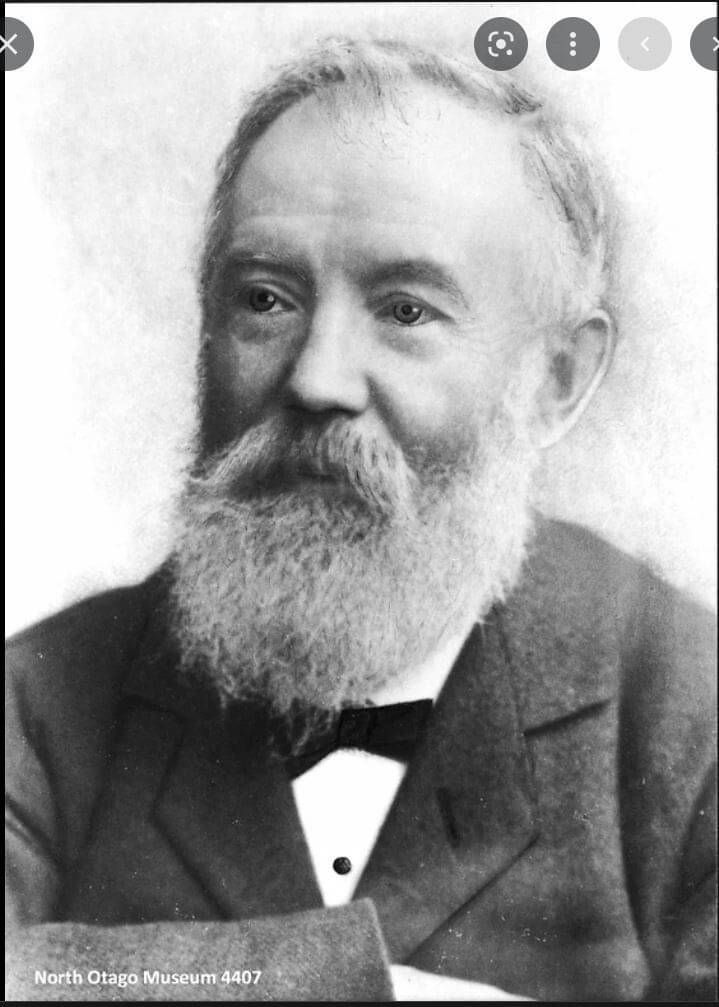Thomas Forrester

Thomas Forrester (1838 - 1907) designed much of the ornate Victorian architecture in Oamaru. He also oversaw the construction of the breakwater and wharves of Oamaru Harbour, enabling Oamaru to become an economic powerhouse in the late 19th century.
Before emigrating with his family to New Zealand in 1861, Forrester had attended the Glasgow Government School of Design in Scotland. There his studies ranged from map drawing to draughting – skills which enabled this humble man a lifetime of achievement.
He was employed by Dunedin architect R A Lawson, and in 1869 he was sent to Oamaru to supervise the building of the Bank of Otago. This began a long and fruitful association with the town.
Within a few short years of his arrival, Forrester was directing his considerable design and engineering talents towards the Oamaru Harbour.
Beginning as inspector of works he was appointed the secretary of the Harbour Board and later engineer. From samples he had taken from the harbour floor he saw the seabed could be dredged. This led to the creation of a deepwater anchorage allowing large ships laden with North Otago's bounty to come and go in safety.
While still in full-time employment with the Harbour Board, for almost three decades from 1872 and in partnership with John Lemon, Forrester designed an impressive portfolio of ornately decorated buildings and family homes, contributing more than any other person to the distinctive architecture of Oamaru. Thomas Forrester brought the architectural and design skills to the partnership and John Lemon supervised construction and saw to the day to day running of the practice.
In 1882 Forrester was appointed the first curator of the newly established Oamaru Museum. The museum was located in the Athenaeum (now North Otago Museum) a building he had designed. There he pursued his other interests in geology and photography.